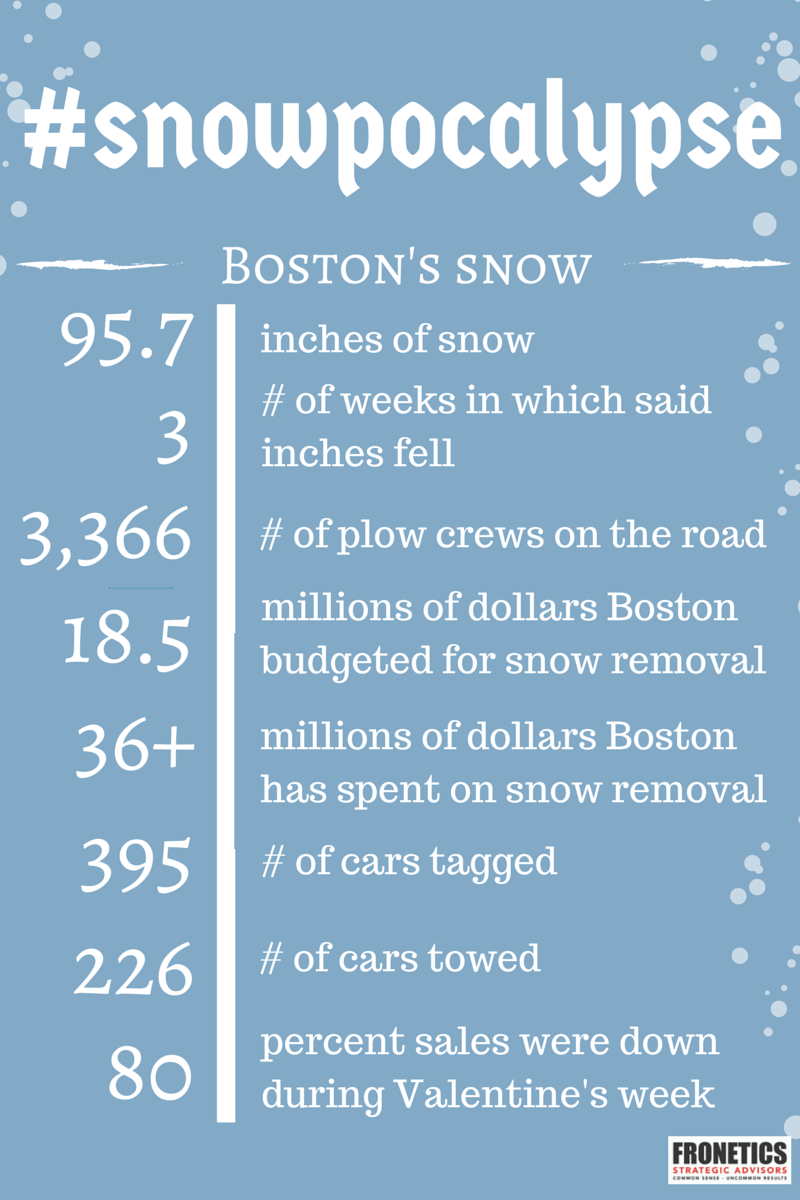
by Fronetics | Jun 30, 2015 | Blog, Content Marketing, Current Events, Marketing

93 percent of all online experiences begin with a search engine and 75 percent of searchers don’t move past the first page of search results. With home buyers increasingly more likely to start their purchasing research online, content marketing is a strategic way for real estate marketers to get their properties in front of more potential buyers. What’s more, home buyers are influenced by peers and their interactions with websites, mobile apps, and social networks. The opportunities created by these online interactions can be competitive advantages for real estate marketers who are prepared to take advantage of this new landscape.
Consider this case study of a leading real estate marketing firm who chose to use digital and content marketing to shake up their traditional marketing approach. After just three months of beginning a digital and content marketing program, the firm recognized significant gains in web traffic, social media engagement, and brand exposure. The firm recognized that unlike print, online mediums created opportunities for their firm to present target audiences with dynamic content. Optimizing their content and strategizing about its distribution boosted sales 37% for this real estate marketing firm in just 90 days.
Download the case study to find out how they achieved their remarkable results.

![Boston’s snow logistics [Infographic]](https://fronetics.com/wp-content/uploads/2024/10/Boston-snow-logistics-800x675.png)
by Fronetics | Feb 17, 2015 | Blog, Current Events, Logistics, Strategy
The logistics of Boston’s snow #snowpocalypse
For the past three weeks we have been pretty much like this: shovel, snow blow, tackle commutes, juggle school cancellations, repeat.
Charlotte Wilder expressed the sentiments of many when she penned A Breakup Letter to Snow From the City of Boston. 95.7 inches of snow within 3 weeks is a lot of snow. The sheer amount of snow has forced the city’s public transportation to cancel operations. Schools have been cancelled, several for two weeks or more. Cars have been buried. Businesses have been forced to close. Businesses that have remained opened have realized dismal sales. Boston has opened snow farms and has purchased melting trucks. National Guard troops have been called in to help remove snow. #snowpocalypse 2015.

The snow has complicated the logistics of life. As we, individuals and businesses, complain about the economic, physical, and mental challenges associated with the snow it is important to put things into perspective. NPR’s Barbara Howard’s Blizzard of Perspective does just that.
![Boston’s snow logistics [Infographic]](https://fronetics.com/wp-content/uploads/2024/10/Boston-snow-logistics-800x675.png)
by Fronetics | Feb 17, 2015 | Blog, Current Events, Logistics, Strategy
The logistics of Boston’s snow #snowpocalypse
For the past three weeks we have been pretty much like this: shovel, snow blow, tackle commutes, juggle school cancellations, repeat.
Charlotte Wilder expressed the sentiments of many when she penned A Breakup Letter to Snow From the City of Boston. 95.7 inches of snow within 3 weeks is a lot of snow. The sheer amount of snow has forced the city’s public transportation to cancel operations. Schools have been cancelled, several for two weeks or more. Cars have been buried. Businesses have been forced to close. Businesses that have remained opened have realized dismal sales. Boston has opened snow farms and has purchased melting trucks. National Guard troops have been called in to help remove snow. #snowpocalypse 2015.

The snow has complicated the logistics of life. As we, individuals and businesses, complain about the economic, physical, and mental challenges associated with the snow it is important to put things into perspective. NPR’s Barbara Howard’s Blizzard of Perspective does just that.

by Fronetics | Nov 11, 2014 | Blog, Current Events, Marketing, Social Media, Strategy

Ello launched in beta on August 7th. By the last week in September the invite-only social network was receiving more than 50,000 invite requests per hour.
What sets Ello apart from other social networks? Ello is ad-free and doesn’t sell user data to third parties. On October 23rd Ello became a Public Benefit Corporation; therefore, making it virtually impossible for Ello to ever sell ads or user data.
The company’s manifesto points to the frustrations which were the impetus for founding Ello, and to the company’s strategic direction:
“Your social network is owned by advertisers.
Every post you share, every friend you make, and every link you follow is tracked, recorded, and converted into data. Advertisers buy your data so they can show you more ads. You are the product that’s bought and sold.
We believe there is a better way. We believe in audacity. We believe in beauty, simplicity, and transparency. We believe that the people who make things and the people who use them should be in partnership.
We believe a social network can be a tool for empowerment. Not a tool to deceive, coerce, and manipulate — but a place to connect, create, and celebrate life.
You are not a product.”
Ello’s mindset resonates. Not only are people clamoring to join the social network, investors are pounding on the door. CEO and Co-Founder Paul Budnitz told BusinessWeek:“I have every investor in the world in my inbox. Someone today offered to fly us out in a private jet to talk, and we said we’re just too busy.” Ello is only open to additional financing from backers with similar values.
What can businesses learn from Ello’s rapid rise to stardom? No one wants to be thought of as a product. If your company recognizes this and your social media strategy reflects this – you are more likely to be successful and rise to stardom (or at the very least increase your revenue).
Your company should use social media to:
- Build trust and relationships with prospects and customers;
- Engage with customers;
- Listen;
- Learn from your customers.
As Alexandra Samuel, Vice-President of Social Media at Vision Critical, recently wrote in an article for the HBR Blog Network: “Instead of relying on algorithms and ad targeting to get dollars out of their customers’ wallets, companies need to think about the value they can offer to their customers’ online lives.”

by Fronetics | Nov 11, 2014 | Blog, Current Events, Marketing, Social Media, Strategy

Ello launched in beta on August 7th. By the last week in September the invite-only social network was receiving more than 50,000 invite requests per hour.
What sets Ello apart from other social networks? Ello is ad-free and doesn’t sell user data to third parties. On October 23rd Ello became a Public Benefit Corporation; therefore, making it virtually impossible for Ello to ever sell ads or user data.
The company’s manifesto points to the frustrations which were the impetus for founding Ello, and to the company’s strategic direction:
“Your social network is owned by advertisers.
Every post you share, every friend you make, and every link you follow is tracked, recorded, and converted into data. Advertisers buy your data so they can show you more ads. You are the product that’s bought and sold.
We believe there is a better way. We believe in audacity. We believe in beauty, simplicity, and transparency. We believe that the people who make things and the people who use them should be in partnership.
We believe a social network can be a tool for empowerment. Not a tool to deceive, coerce, and manipulate — but a place to connect, create, and celebrate life.
You are not a product.”
Ello’s mindset resonates. Not only are people clamoring to join the social network, investors are pounding on the door. CEO and Co-Founder Paul Budnitz told BusinessWeek:“I have every investor in the world in my inbox. Someone today offered to fly us out in a private jet to talk, and we said we’re just too busy.” Ello is only open to additional financing from backers with similar values.
What can businesses learn from Ello’s rapid rise to stardom? No one wants to be thought of as a product. If your company recognizes this and your social media strategy reflects this – you are more likely to be successful and rise to stardom (or at the very least increase your revenue).
Your company should use social media to:
- Build trust and relationships with prospects and customers;
- Engage with customers;
- Listen;
- Learn from your customers.
As Alexandra Samuel, Vice-President of Social Media at Vision Critical, recently wrote in an article for the HBR Blog Network: “Instead of relying on algorithms and ad targeting to get dollars out of their customers’ wallets, companies need to think about the value they can offer to their customers’ online lives.”




![Boston’s snow logistics [Infographic]](https://fronetics.com/wp-content/uploads/2024/10/Boston-snow-logistics-800x675.png)

